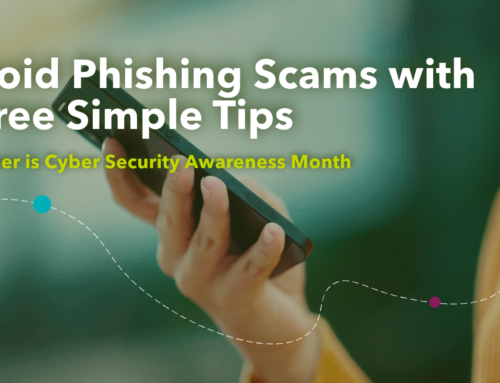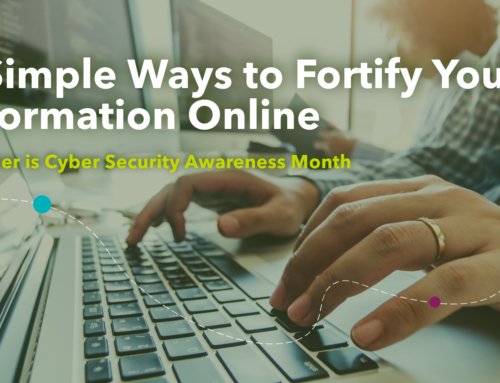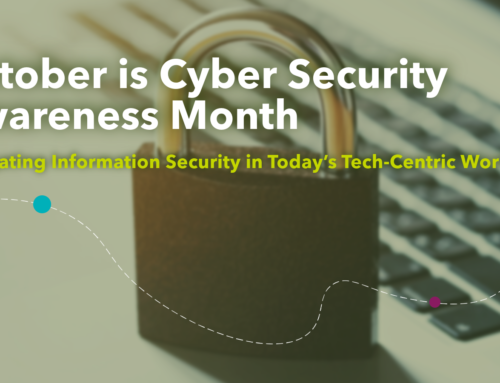While the holiday season tends to bring out the kindness in most of us, sadly it’s also a time when criminals up their game and prey on our heightened generosity. According to the Federal Trade Commission (FTC), consumers reported losing more than $1.9 billion to fraud last year. More than $665 million was lost solely to imposter scams. Here are five common schemes to look out for, followed by five ways to keep your credentials safe.
Elder Fraud
Aimed at seniors, these fake calls often come from someone impersonating a grandchild or loved one. They may claim to be in jail, or they’re out of the country and need money wire transferred to them ASAP. Remind elders in your family not to answer calls from unrecognizable numbers.
Dating App Scams
As dating apps have proliferated, so too has the fraud among them. Here, fake personas will tell intended victims they’re from the U.S., but are currently living abroad. They too are in trouble and in need of money. Again, it’s common for them to ask for a wire transfer or payment in the form of gift cards.
Phishing Schemes
No one is immune to these unsolicited emails (Phishing), texts (SMiShing), or calls (Vishing). They often come from a legitimate-sounding company or person asking for your personal ID, financial, or login information. They use fear and urgency tactics to get you to divulge sensitive details on the spot.
If you receive a phone call, hang up. You can call the real company right back on their published number. If you receive an email or text, look for misspellings or odd-looking graphics, both signs of a fake email. When in doubt, go directly to the company’s website or customer service number.
Porch Pirates and Curbside Pick-up
‘Tis the season when thieves swipe packages from doorsteps and impostors snatch items from retailers. Sign up for delivery emails or texts on items you’ve ordered, and always bring your receipt and photo ID when picking up curbside.
Social Media Scams
Although social media sites have upped their security, it’s still best to be cautious when shopping through stories and ads. Through these ads, scammers can trick you into entering your credit card number. It’s always safest to shop directly through a brand’s website.
Five Ways To Protect Yourself:
- Do not click on links or open attachments unless you’re certain they’re secure! Review all emails and texts carefully. If the offer sounds too good to be true, it probably is.
- Protect home devices, like laptops and phones, with the latest antivirus and anti-spyware.
- Set up alerts through your financial institution or credit card company to monitor unauthorized payments.
- Shop directly through well-known websites. Avoid purchasing through social media ads or stories.
- Try not to enter your credit or debit card information into online forms. Criminals can capture it or install malware this way. Instead rely on stored payment platforms, like PayPal, whenever possible.






